While the U.S. secretary of state on Thursday praised China's emergence as a global power, he then alleged that it is a challenge to the "international order".
Sourabh Gupta, a senior fellow at the Washington-based Institute for China-America Studies, said "the fundamental underlying precept of his characterization of China was wrong".
"China is not the most serious long-term challenge to the international order. China, rather, is the most serious long-term challenge to the United States' dominance within the international order," Gupta told China Daily. "Washington erroneously conflates the challenge to its own dominance as a challenge to the larger system."
Antony Blinken said, "China is the only country with both the intent to reshape the international order and, increasingly, the economic, diplomatic, military and technological power to do it."
He said that the U.S. in turn would "shape the strategic environment around Beijing to advance our vision for an open, inclusive international system".
That is in line with the recent actions of the Biden's administration: hosting a special U.S.-ASEAN summit, announcing the Indo-Pacific Economic Framework, and leading a Quad alliance (the U.S., India, Australia and Japan) summit.
Blinken's long-delayed speech — The Administration's Approach to the People's Republic of China — was hosted by the Asia Society at George Washington University. Originally scheduled for May 5, the major policy speech was postponed because Blinken had tested positive for the coronavirus one day earlier.
In the speech, Blinken mixed praise and caution about China.
"Now, China is a global power with extraordinary reach, influence, and ambition. It's the second largest economy, with world-class cities and public transportation networks. It's home to some of the world's largest tech companies and it seeks to dominate the technologies and industries of the future," Blinken said.
"It's rapidly modernized its military and intends to become a top tier fighting force with global reach. And it has announced its ambition to create a sphere of influence in the Indo-Pacific and to become the world's leading power."
But he then followed that up by saying China was becoming "more aggressive abroad".
In the 45-minute address, Blinken outlined the Biden administration's strategy for relations with China with three words — "invest, align, compete". He said the U.S. will "co-exist and cooperate" with China.
"We are not looking for conflict or a new Cold War. To the contrary, we're determined to avoid both. We don't seek to block China from its role as a major power, nor to stop China — or any other country, for that matter — from growing their economy or advancing the interests of their people," said Blinken.
Christopher Heurlin, associate professor of government and Asian studies at Bowdoin College in Maine, told Al Jazeera that there's "definitely a desire to preserve America's superpower status and its influence in the world order, which does mean that these two countries do have conflicting objectives to a certain extent. So, there is certainly potential for tensions at the very least."
Gupta said that the speech was "a more respectfully worded and spoken speech compared to the language previously used by this administration and certainly more respectful in tone than anything said during the latter years of the Trump administration".
But Gupta said he did not believe that the U.S. had accepted a strong China.
"In the name of realism and pragmatism, it could attempt to adjust to the new reality in order to co-exist with China, but it fundamentally cannot come to genuinely accept China as a peer," said Gupta, "This has as much to do with the difference in political systems as it has to do with white ethnocentrism."
Blinken said that no country should withhold progress on existential transnational issues because of bilateral differences. He listed areas where the U.S. and China could cooperate: the climate, the COVID-19 pandemic, nonproliferation and arms control, illicit narcotics, the global food crisis and the recovery of the world economy.
"Blinken's courteousness in mentioning prospects for cooperation on transnational issues with China is not borne out by this administration's record," said Gupta. He pointed out that on a transnational issue such as combating COVID-19, the U.S. could easily have worked with China to ramp up vaccines and therapeutics for distribution in poor developing countries; instead, the Biden administration has deliberately chosen to ramp up vaccine production via its Quad Vaccine Partnership.
"On another transnational challenge, that being climate change, the Biden administration is going out of its way to decouple U.S. procurement and supply from China-based green-technology supply chains, even though both the U.S. and China and the rest of the world would be better off with one integrated trans-Pacific supply chain rather than two decoupled chains in this regard," Gupta added.
On Taiwan, Blinken clarified that the approach of the U.S. "has been consistent across decades and administrations", and the U.S. "remains committed to our 'one-China' policy", somewhat revising U.S. President Joe Biden's previous statements on Taiwan.
Blinken's speech followed Biden's Asia trip from May 20-24. Biden said "yes" in Japan when asked whether the U.S. would intervene "militarily" if China sought to seize Taiwan's control by force, spurring strong opposition from China.
The White House and Biden later said that there was no change to the U.S. policy on Taiwan.
In an article published Thursday in the South China Morning Post, Chinese Ambassador to the United States Qin Gang said the U.S.' words do not match its deeds on the Taiwan question.
"The U.S. government, while claiming its one-China policy has not changed, that it does not support 'Taiwan independence' and does not want conflict or confrontation with China, considers Taiwan as a 'strategic node' in the first island chain to contain China.
"It has been hollowing out the one-China policy," Qin wrote, criticizing the U.S. for "upgrading its official relations with Taiwan and sending senior officials to the island". The U.S. also "keeps selling sophisticated weaponry to Taiwan".
"The one-China principle has been the bedrock of China-U.S. relations as well as peace and stability across the Taiwan Strait. This bedrock, however, is in peril like never before," said the ambassador.
Blinken announced the launching of a "China House" in the State Department. As he described, the China House is "a department-wide integrated team that will coordinate and implement our policy across issues and regions, working with Congress as needed".
Blinken repeatedly stressed the role of diplomacy in bilateral relations.
In Gupta's view, the so-called strengthening of diplomacy could firm up the floor beneath which the U.S. and China will not plunge at a practical level, "and the firming up of the floor could, in time, allow for greater bilateral engagement and even more (modest) results-oriented bilateral diplomacy".
Gupta said, however, that Blinken's speech would not help clarify policy because "there wasn't anything terribly new or consequential".
"We would not have been any richer or any poorer in understanding the Biden administration's policy towards China. The only saving grace of his speech is that it was no more hawkish than it was," Gupta added.








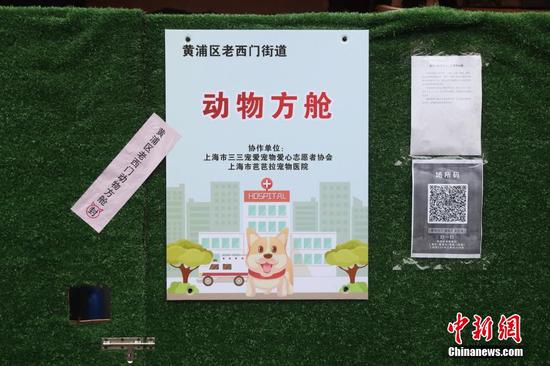



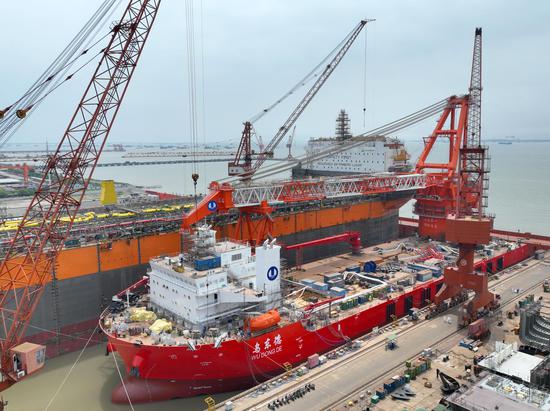


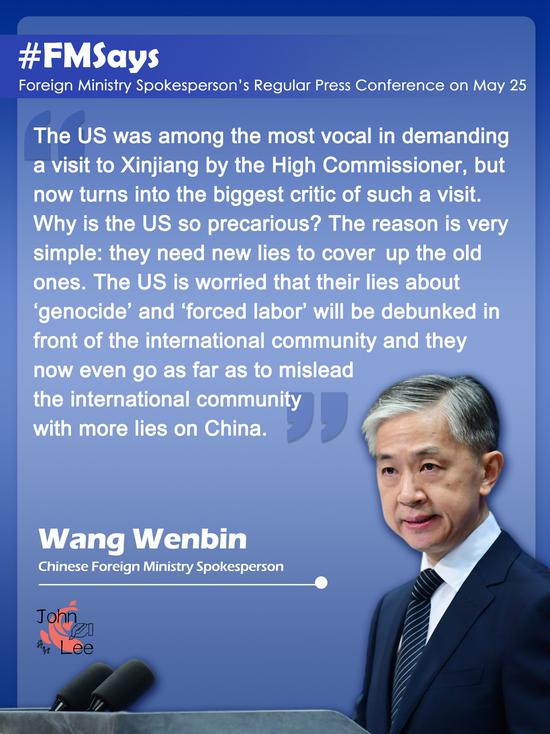







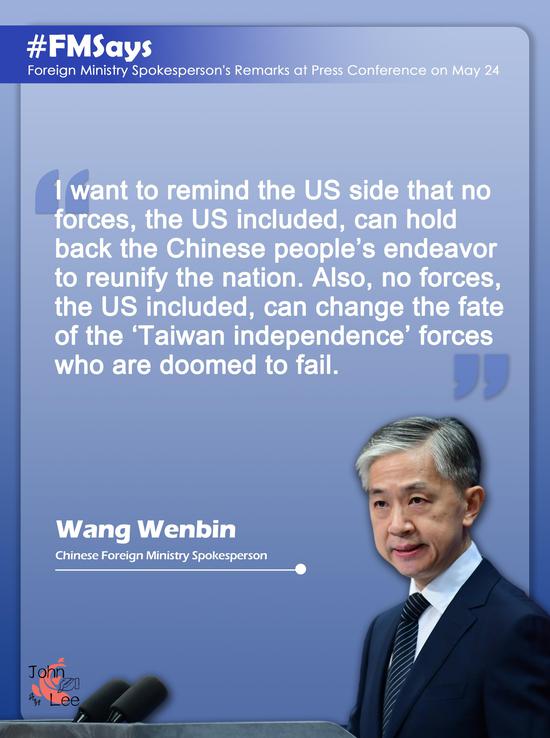

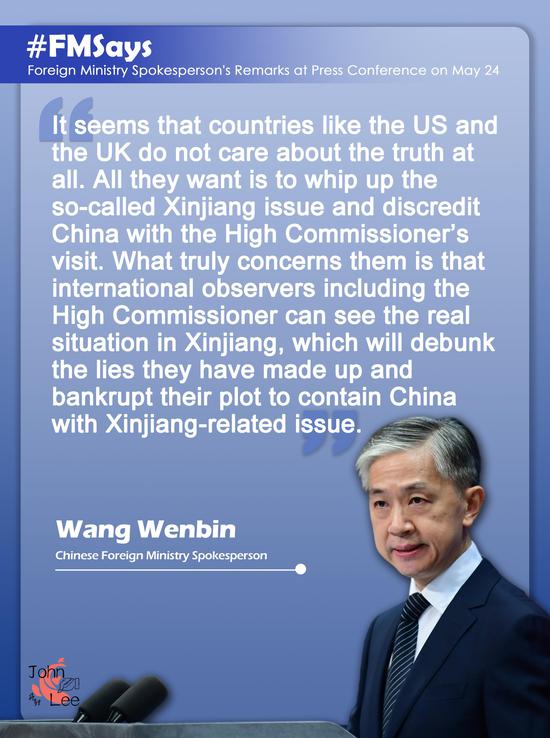

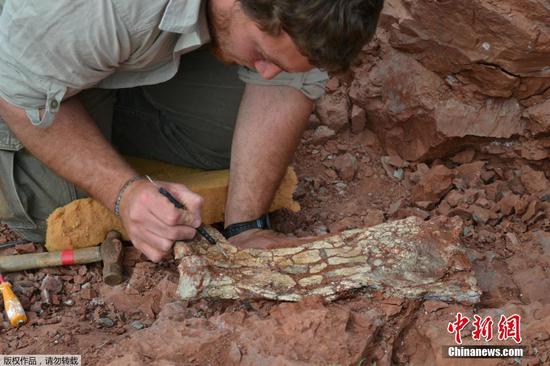




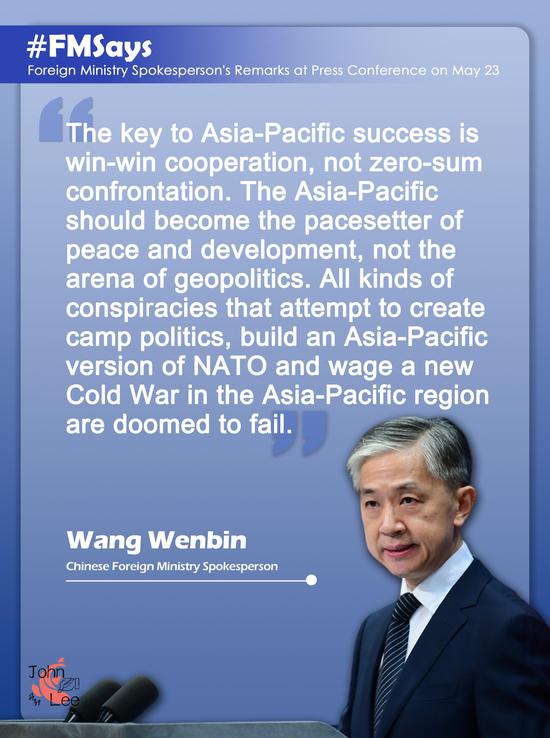

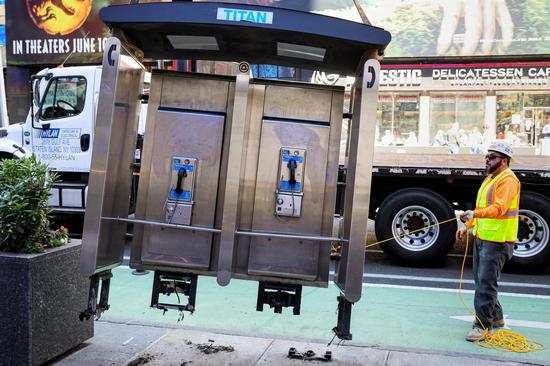

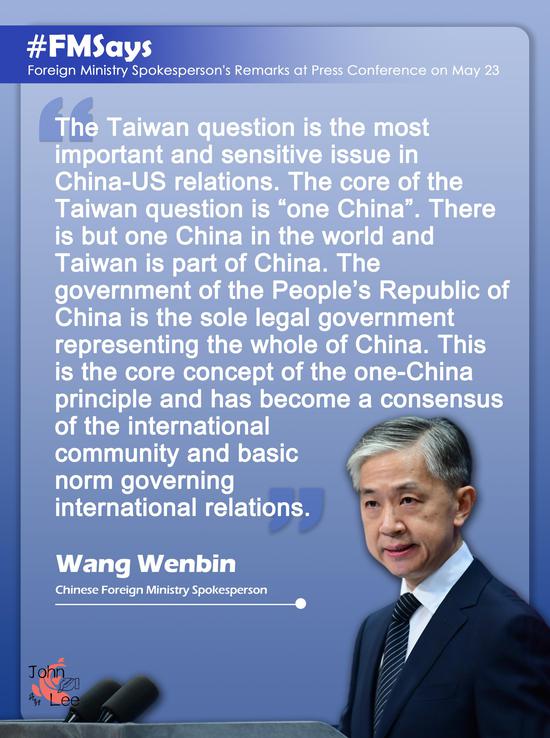
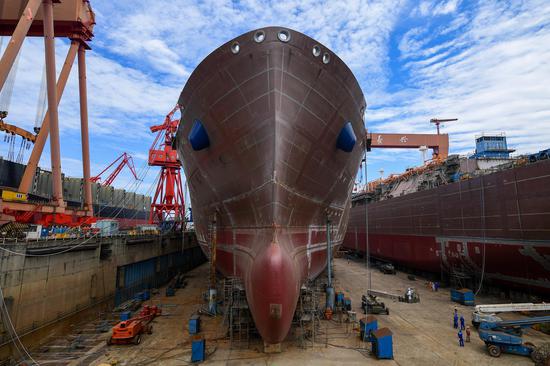

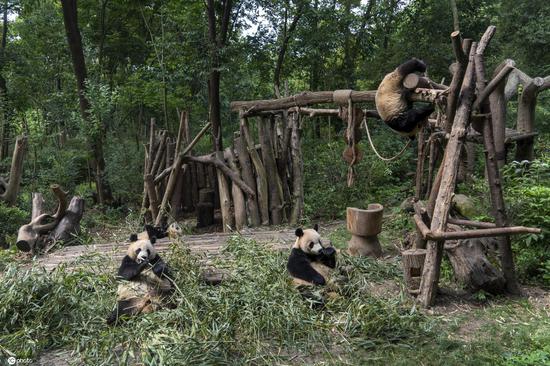




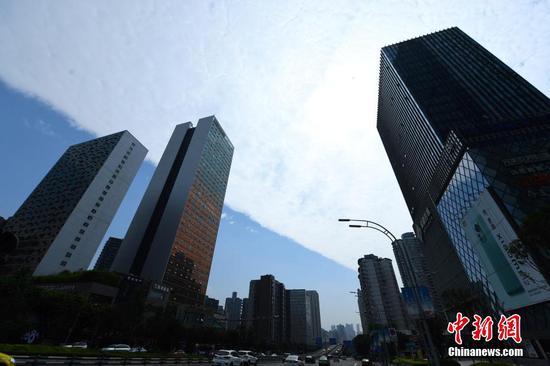





 京公网安备 11010202009201号
京公网安备 11010202009201号